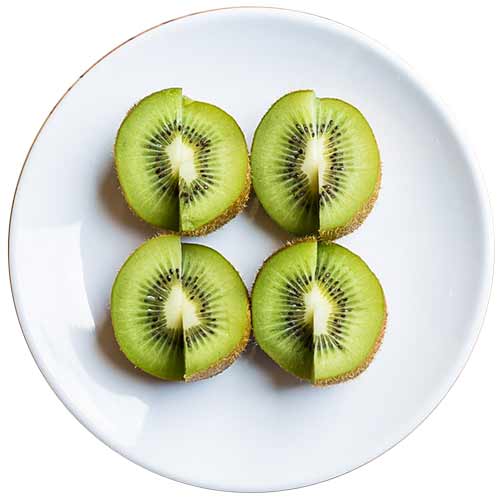Team:Toronto/Team
From 2014.igem.org
| Line 61: | Line 61: | ||
<div class="container"> | <div class="container"> | ||
<div class="blurb"> | <div class="blurb"> | ||
| - | <img src="https:// | + | <img src="https://static.igem.org/mediawiki/2014/d/d4/TKpic.jpg" class="curve left"> |
| - | <div class="name textleft"> | + | <div class="name textleft">Tamara Kleiman</div> |
| - | <p> | + | <p>I am a computer science specialist, but was a member of the wet lab team this year! (makes sense) My interests in bio lie within the field of epigenetics - specifically questions like how DNA methylation is inheritable and chromatin remodelling. Fun fact: I have a pet poodle named Rocky which people find hilarious for some reason.</p> |
</div> | </div> | ||
| Line 71: | Line 71: | ||
<div class="name textright">Kiwifruit </div> | <div class="name textright">Kiwifruit </div> | ||
| - | <p>This is kiwifruit: originally called “yang tao”, “melonette” or Chinese gooseberry. Cultivated in its fuzzy variety from Chinese imports, the fruit proved popular with American military servicemen stationed in New Zealand during World War II, with commercial export to the United States starting after the end of the war. In California, the fruit was rebranded as “kiwifruit” due to its resemblance to New Zealand’s national bird. However, it is not a “kiwi”, which is also the demonym for native New Zealanders. Saying “I’m going to eat a kiwi” implies that you are either a cannibal or planning to dine on an endangered flightless bird. | + | <p>This is kiwifruit: originally called “yang tao”, “melonette” or Chinese gooseberry. Cultivated in its fuzzy variety from Chinese imports, the fruit proved popular with American military servicemen stationed in New Zealand during World War II, with commercial export to the United States starting after the end of the war. In California, the fruit was rebranded as “kiwifruit” due to its resemblance to New Zealand’s national bird. However, it is not a “kiwi”, which is also the demonym for native New Zealanders. Saying “I’m going to eat a kiwi” implies that you are either a cannibal or planning to dine on an endangered flightless bird.</p> |
</div> | </div> | ||
</div> | </div> | ||
Revision as of 21:47, 17 October 2014

I am a computer science specialist, but was a member of the wet lab team this year! (makes sense) My interests in bio lie within the field of epigenetics - specifically questions like how DNA methylation is inheritable and chromatin remodelling. Fun fact: I have a pet poodle named Rocky which people find hilarious for some reason.

This is kiwifruit: originally called “yang tao”, “melonette” or Chinese gooseberry. Cultivated in its fuzzy variety from Chinese imports, the fruit proved popular with American military servicemen stationed in New Zealand during World War II, with commercial export to the United States starting after the end of the war. In California, the fruit was rebranded as “kiwifruit” due to its resemblance to New Zealand’s national bird. However, it is not a “kiwi”, which is also the demonym for native New Zealanders. Saying “I’m going to eat a kiwi” implies that you are either a cannibal or planning to dine on an endangered flightless bird.
 "
"